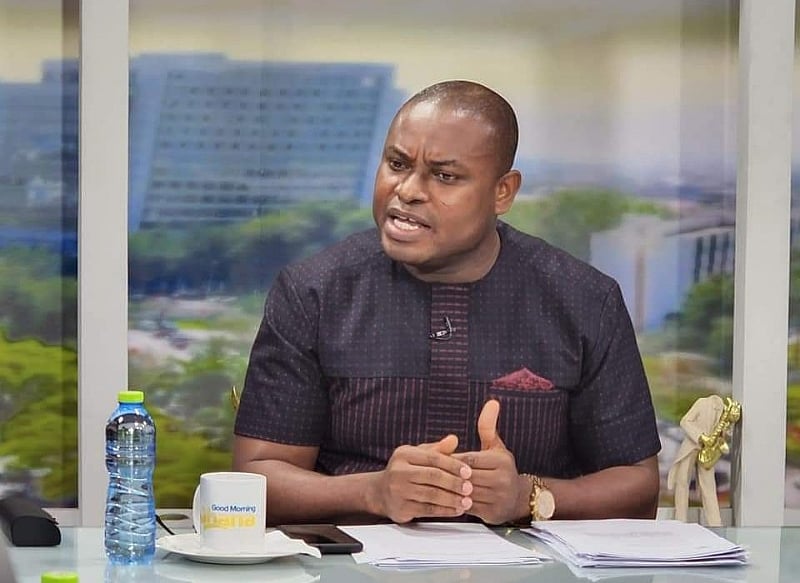In a recent appeal to the citizens of the Volta Region, Richard Ahiagbah, the National Communications Director of the New Patriotic Party (NPP), has urged them to reconsider their longstanding allegiance to the National Democratic Congress (NDC) ahead of the upcoming general election on December 7, 2024. Ahiagbah’s call to action stems from his belief that the three-decade partnership with the NDC has not yielded significant development or benefits for the voluntary populace in the region. He expressed this sentiment through a social media post, highlighting the need for the electorate in Volta to “free” themselves from their traditional political alignment, which he argues has led to neglect and underdevelopment.
Throughout his assertions, Ahiagbah pointed out what he perceives as the NDC’s failure to fulfill its responsibilities to the Volta Region, despite the party’s historical dominance there. He emphasizes the importance of reassessing their political loyalties, arguing that the NDC has not only taken the region for granted but has also sidestepped its obligations to promote meaningful development. His call reflects a broader theme of accountability and a desire for transformation in the political landscape of Volta, which has long been associated with NDC support.
Contrasting the NDC’s perceived neglect, Ahiagbah highlighted the NPP’s commitment to its own stronghold, the Ashanti Region, showcasing a supposed respect and appreciation that he argues the NDC has failed to reciprocate in Volta. This dichotomy illustrates a deeper narrative about regional loyalty in Ghanaian politics, where political parties are often evaluated based on how well they address the needs and aspirations of specific regions. Ahiagbah’s comments serve as a reminder to voters in Volta to critically analyze the effectiveness of political alliances and consider the tangible outcomes of their support.
Ahiagbah’s statements speak to a significant shift in voter sentiment that the NPP hopes to harness in the upcoming elections. The appeal for voters to “rethink their political choices” indicates a strategic effort by the NPP to break the NDC’s long-standing dominance in the region. By positioning the NPP as a viable alternative that would prioritize the developmental needs of Volta, Ahiagbah encourages a reexamination of past voting patterns that have, according to his analysis, resulted in stagnation rather than progress.
In the context of Ghana’s political climate, Ahiagbah’s remarks underscore the importance of regional dynamics in shaping electoral outcomes. The emphasis on development as a core issue resonates with electorates who have been disillusioned by the lack of growth in their areas. His call to action aims to mobilize public sentiment towards a shift that aligns with the NPP’s vision for the Volta Region, appealing to a desire for accountability and proactive governance in the face of historical oversight.
As preparations for the December elections heat up, the implications of Ahiagbah’s appeal may significantly impact the political landscape in Volta Region. His statements serve not only as a critique of the NDC’s governance over the past three decades but also as a rallying cry for the NPP to galvanize support by promising a renewed focus on development. Thus, the coming election represents a crucial moment for the citizens of Volta to reassess their political ties and consider the broader consequences of their electoral choices.


